Other People's Bookshelves. Q&A with Maggie Hoffman
Discover her favourite cookbooks, and the authors she has met.
Q: Hello, Maggie. Can you please tell us about yourself and your substack publication?
A: I started writing about food and drink in the early days of food blogging—I’m pretty sure three or four people (including my mother) read my first attempts. Eventually I convinced the folks at Serious Eats to bring me on to launch their drinks section—Kenji López-Alt and I started full-time there on the same day. I ended up sticking around long enough to become managing editor.
After a freelance stint reviewing bars for the San Francisco Chronicle and publishing The One-Bottle Cocktail and Batch Cocktails with Ten Speed Press, I really missed the food side of things, and joined the editorial team at Epicurious, where I would later become digital director. I’ve always been lucky to work with a teetering stack of cookbooks at my desk.
These days, I’m all in on cookbooks. My podcast, The Dinner Plan (it’s on Spotify and Apple Podcasts and all the places), highlights a new cookbook author every week.
We talk about what keeps them inspired in the kitchen, the greatest-hits recipes they come back to over and over at home, and their go-to pantry/fridge ingredients for boosting the flavor of weeknight meals. Each guest also shares a list of their favorite cookbooks of all time, which might be my favorite part.
In The Dinner Plan newsletter on Substack each week, I share a full recipe from each guest’s latest book. That way you can do a little test-driving, cooking Melissa Clark’s go-to quick chickpea dinner or Calvin Eng’s incredible cabbage salad or Carla Lalli Music’s black bean soup before you commit. Each edition of the newsletter has a book giveaway for (free!) subscribers, too—come say hi and maybe you’ll get a book to add to your collection!
In addition to The Dinner Plan, I also publish The Vintage Table, a weekly newsletter of fun vintage tableware finds for fans of cabbageware and mid-century pepper mills, pressed glass cake plates, fun ice cream coupes, and the weirdest forks and sterling serveware you can buy.
I also write What to Drink, which covers non-alcoholic drinks as well as cocktails, wine, beer, and spirits.
Q - Please tell us about your bookshelves and cookbook collection, what does it consist of and how many do you have?
Hoo, boy. The number varies, but I always have a stack of 20 or so of this season’s releases by my side. Across three groaning bookshelves, I think we’re nearing 500 cookbooks, plus a collection of about 150 copies of Gourmet and Bon Appétit going back decades. Being surrounded by these books—I have a six-foot shelf like the one pictured below on either side of my work space—feels like being in the embrace of old friends.
Q - Which cookbooks do you love and use the most and why? Do any of them have a sentimental value?
A: I think this is true for many cookbook lovers—love and use aren’t necessarily always aligned. I can deeply love a cookbook even if I’m not cooking from it frequently. I want to be immersed in that author’s flavors and food memories, and if the writing is evocative, you don’t need to pick up a skillet to get that experience. Of course, though, if I try several recipes from a book that lead me astray, I’m likely not going to hold onto it. And then there are books I have used a lot in the past, and just having them around carries those memories. A good excuse for hoarding, I suppose.
As far as use goes, on busy weeknights, I tend to lean pretty heavily on NYT Cooking, The Guardian, Serious Eats, The Woks of Life, various Substacks and friends on social media, plus old favorites from Epicurious as the spark for dinner ideas. We eat a lot of big salads. (I often post my low-effort meals on Notes if you want to follow along!)
But I do cook from my books, even if it’s just making a part of the recipe. That stellar Caesar Aioli from the State Bird Provisions book. Turkey gochujang meatballs and chicken scarpariello from Julia Turshen’s latest, which might be my most-cooked book of the year. Salads from Hetty Lui McKinnon’s books. Chicken inspired by The Zuni Cookbook.
I feel most sentimental about books written by friends and books from restaurants I used to go to often—and the books my mother cooked from. My grandmother made a little spiral-bound book of family recipes with wonderful illustrations and extremely limited instructions.
Q - Are there any rare or special editions in your collection?
A: I doubt it’s super rare, but I have a fun copy of Lucy Horton’s Country Commune Cooking, which Jonathan Kauffman, the author of the excellent history Hippie Food, turned me on to. Horton was, I believe, 20 years old when she hitchhiked around the U.S. to collect recipes at various communes. There are green peppers stuffed with sunflower and sesame seeds, soy grits, raisins, and chopped apple. If you have warm feelings about Moosewood, you might love this.
Q - Can you remember your first cookbook? What was it and do you still have it with you?
A: From a pretty young age, I sat with my mother every weekend, cutting recipes out of Gourmet, Sunset, and The Oregonian. I still have huge binders of the clippings. We baked desserts from Maida Heatter.
I think the first meal I ever cooked from start to finish was from The Vegetarian Epicure. I bought my own used copy a decade or so ago, just for sentimental reasons. It’s plant-based food that’s not at all ascetic; the vibe is hippie party food with lots of richness.
Q - What system do you use to organise or file your books?
A: I wish I was more organized, but essentially, this season’s books are within arm’s reach as I’m trying to cook from them the most and often setting up interviews with the authors for The Dinner Plan.
I try to keep cocktail books (of which I have at least 50) separate from savory and baking books. Most frequently-used books are generally closer to the kitchen, though things get all jumbled quite frequently, and intermingled with whatever my kid is reading and lots of food history books.
Q - What is your oldest cookbook and when was it published?
A: I may have some older cocktail books, but I think the oldest cookbook is my grandmother’s copy of The Care and Feeding of Friends by Marian Tracy, published in 1946. It offers menu ideas “for a difficult friend,” and for “a family dinner, only slightly show-off,” as well as “day-before-pay-day guests.” Tracy was a newspaper food editor and also wrote a popular casserole book.
I also have a copy of the 3rd printing of the Gourmet cookbook from 1951. The historian Jessamyn Neuhaus has written about how big cooking bibles essentially served as file cabinets for many cooks. They’d slip in clippings from newspapers or magazines or branded pamphlets; canning instructions etc. It’s the place they came when they were going to cook, so they might as well store everything there. This old Gourmet cookbook appears to have been exactly that—the endpapers are covered with somebody’s clippings. I love it.
To me, little scribbles or notes are delightful signs of life in a used book. Now that she’s gone, having my mother’s notes in a cookbook is the greatest treasure, even if she just wrote “fantastic!” at the top of a recipe.
Q - Which cookbooks would you recommend and why?
A: A few recent ones I’m loving today:
Lugma by Noor Murad. Noor is a recipe developer you may recognize from the Ottolenghi team, whose flavors are informed by her upbringing in Bahrain. You could just dive into her chapter on rice and have enough fabulous things to cook to keep you busy for ages.
Mastering the Art of Plant-Based Cooking by Joe Yonan. This ambitious tome embraces a wide range of cuisines, and doesn’t shy away from projects like making your own pumpkin-seed tofu. Cooking through it will definitely teach you tons of techniques, whether you’re a dedicated vegetarian or vegan or not. Joe worked with a big group of talented recipe developers to pull this off. (You can listen to my conversation with Joe about the book here.)
If you need new dinner ideas that are streamlined without sacrificing flavor, my number-one recent rec is Julia Turshen’s What Goes With What. Julia is a remarkable human and expert recipe developer who knows how to simplify things while still giving you a meal that everyone will be excited to eat.
Going a bit further back: I love Roxana Jullapat’s Mother Grains, which highlights the flavors of buckwheat and oat flour, rye and einkorn. I love Leela Punyaratabandhu’s books. I always come back to Modern Chinese Cook’s My Shanghai. There are so many gems in the Prune cookbook. The Gjelina cookbook. Ducksoup. Ixta Belfrage’sMezcla.
Every week on The Dinner Plan, I ask a cookbook author for their favorites, and am reminded of more that I love: Sunday Suppers at Lucques, Zuni, Melissa Clark’s Dinner, the Canal House books, Jess Damuck’s Salad Freak. Everything Meera Sodha touches. And I’m sooo excited for the new Samin Nosrat book coming out this fall.
I’ll stop myself, and I didn’t even get into food books beyond cookbooks…I’m currently devouring a preview copy of John Birdsall’s What Is Queer Food? His James Beard biography is also a delight.
Q - Do you prefer cookbooks by famous chefs, regional cuisine, or specific themes?
A: We need all kinds! I want to see easy, flavorful meals that I wouldn’t have thought of on my own, and I want to learn about so many cooking traditions, and I want to be surprised by cheffy moves in a cookbook even if I’m not taking on those projects in their entirety.
Q - Which cookbook authors have you met or would you like to meet? Tell us about them.
A: It’s a dream that my actual job is to meet and chat with cookbook authors who I’ve admired for ages.
I had so much fun talking to Betty Liu about how she fits cooking into her busy life as a surgical resident. What a delight to hear about Melissa Clark’s dinner routine—her husband reads to her while she cooks!
Quite honestly, I could not contain my excitement when I got to talk about finding dinner inspiration with Meera Sodha recently. I loved hearing from Carla Lalli Music about the upsides of cooking for one, from Hetty Lui McKinnon about setting up a steady vegetarian dinner rotation, and from Jessica Battilana about life at King Arthur Baking and her long career co-authoring cookbooks. Hsiao-Ching Chou’s advice absolutely changed how I think about cooking with my kid. Hailee Catalano was just as delightful in real life as she is on social media.
And I’m so grateful for everyone’s thoughts on how to figure out dinner night after night. I hope that listening in feels like you’re getting to meet them all, too.
Thank you so much
for sharing your bookshelves and cookbook collection with us.Read more of Other People’s Bookshelves Q&A with …
Other Links;
Main Library | Recipes | Kitchen Tips | FSL Index | Q&A: Other People’s Kitchens | Q&A Other People’s Bookshelves | FoodStack Reads | Recommendations

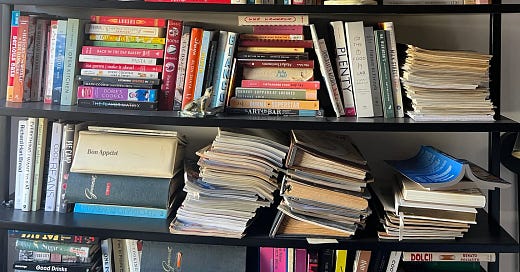



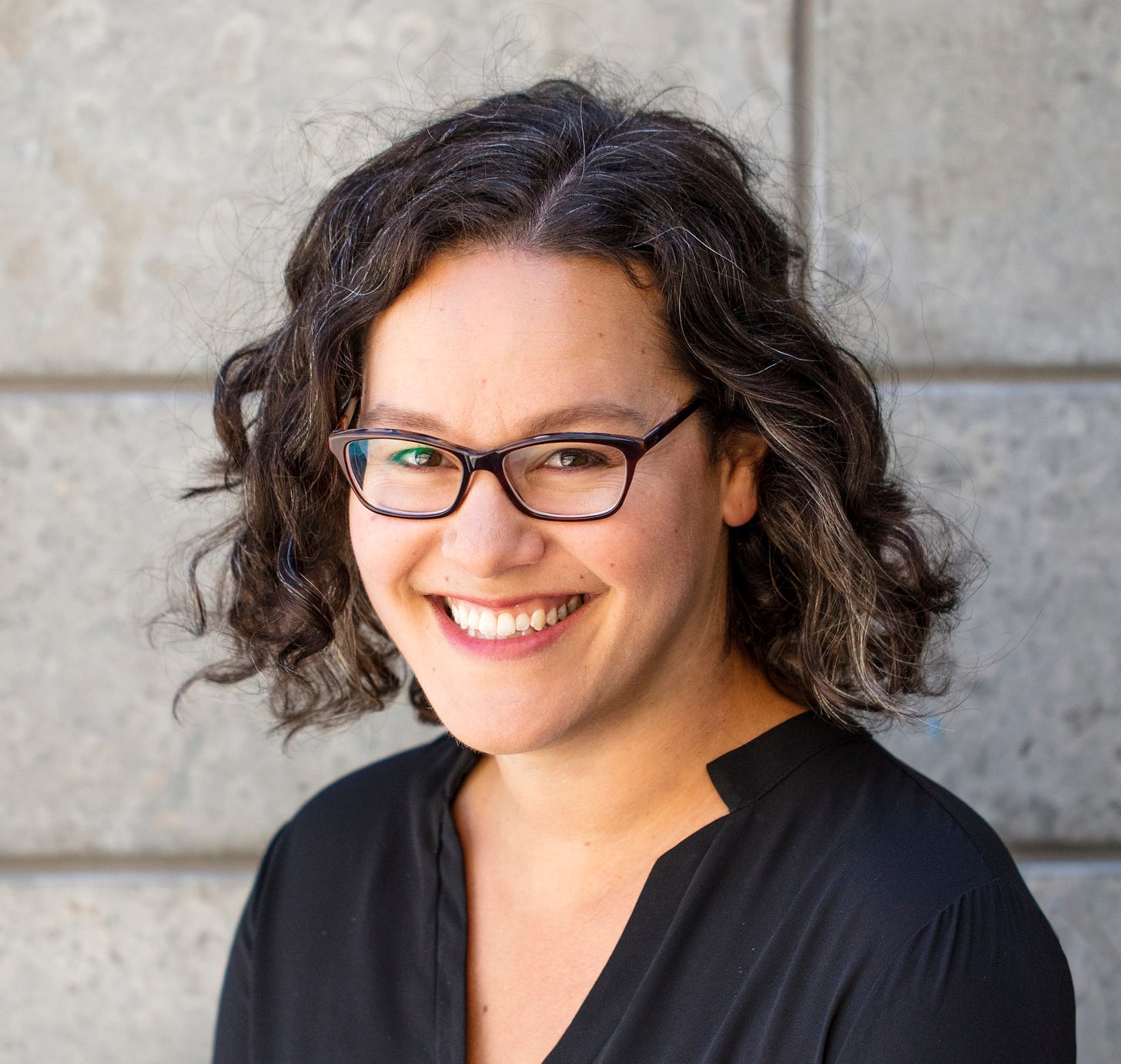
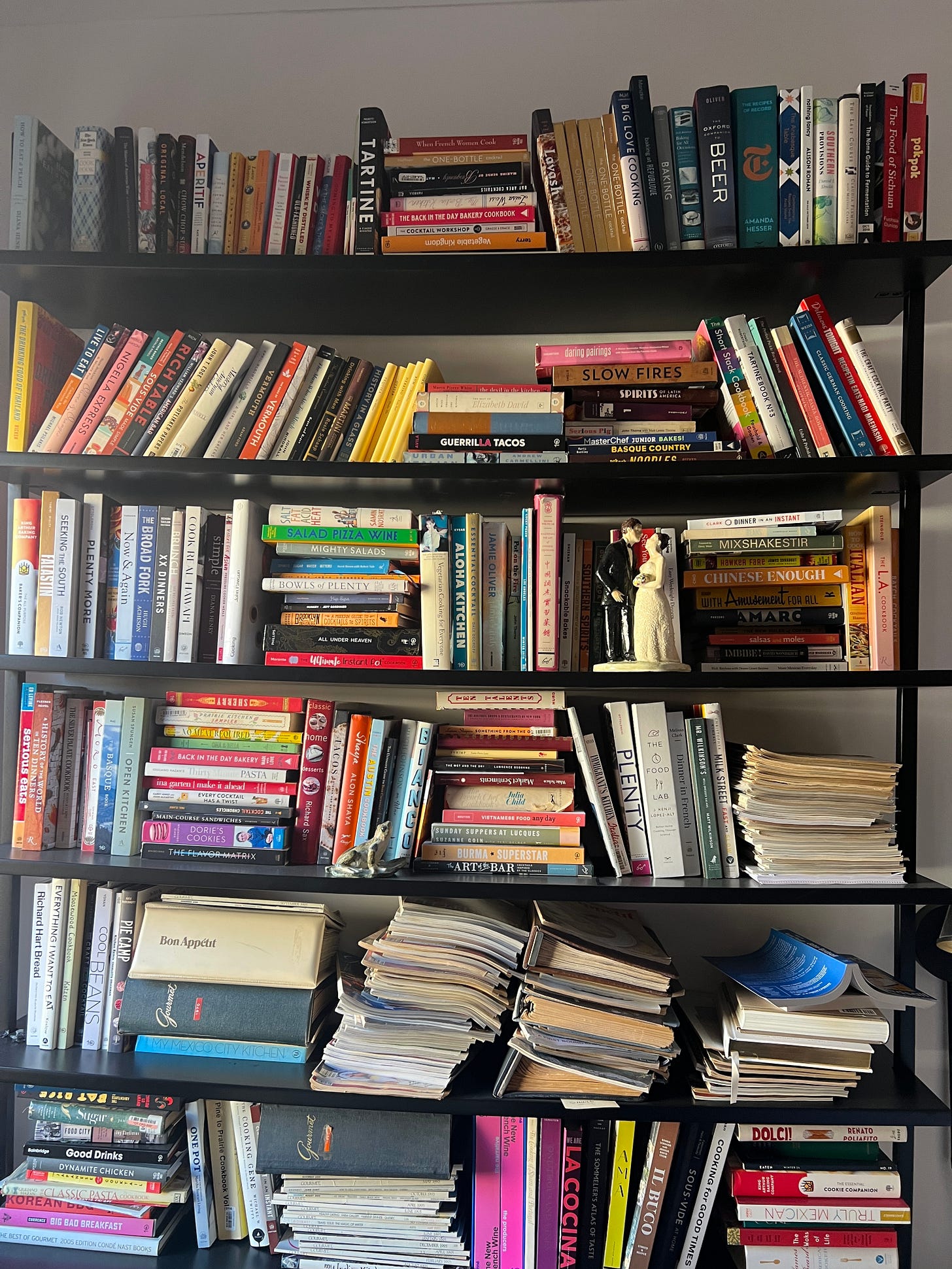
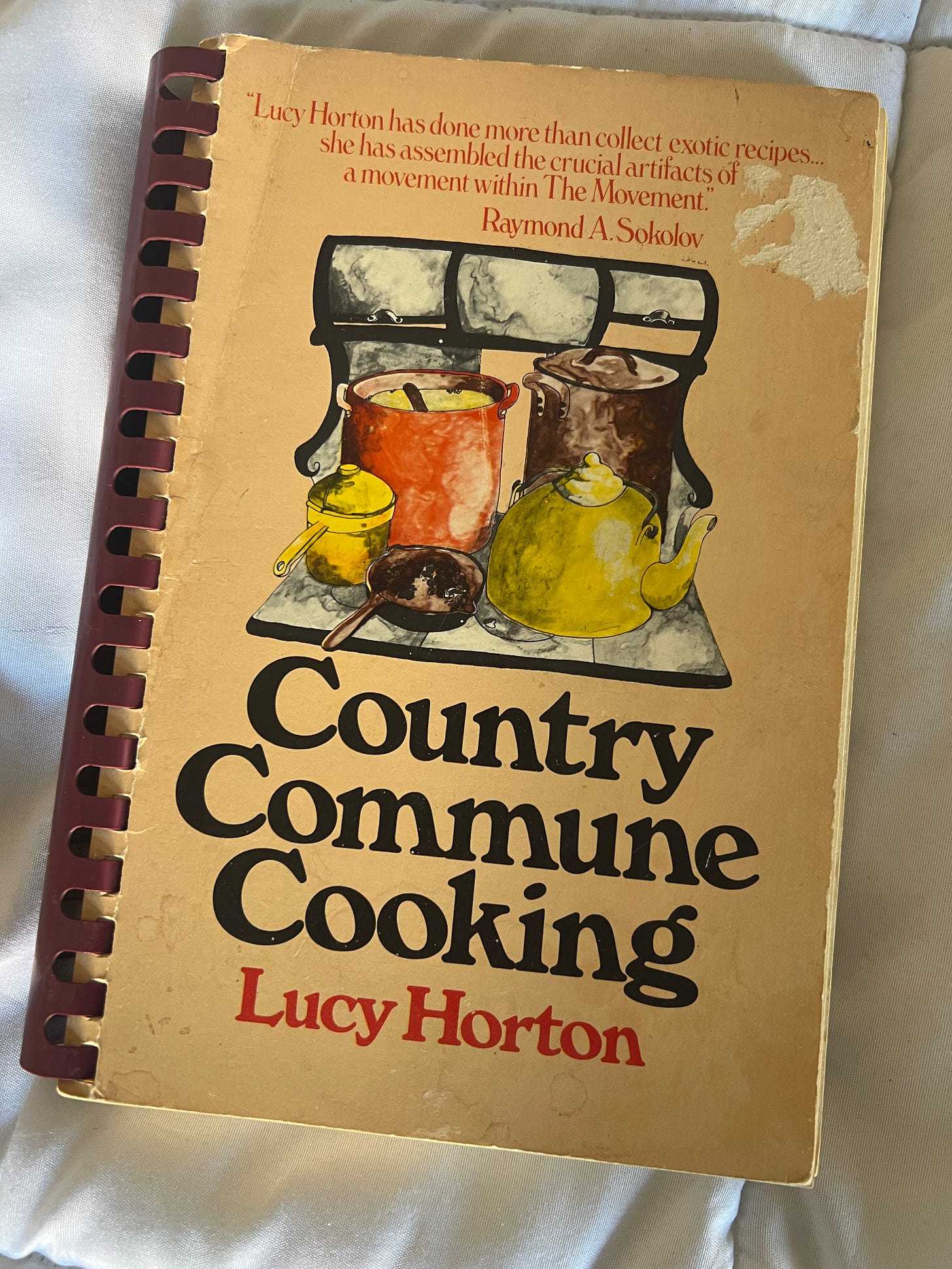
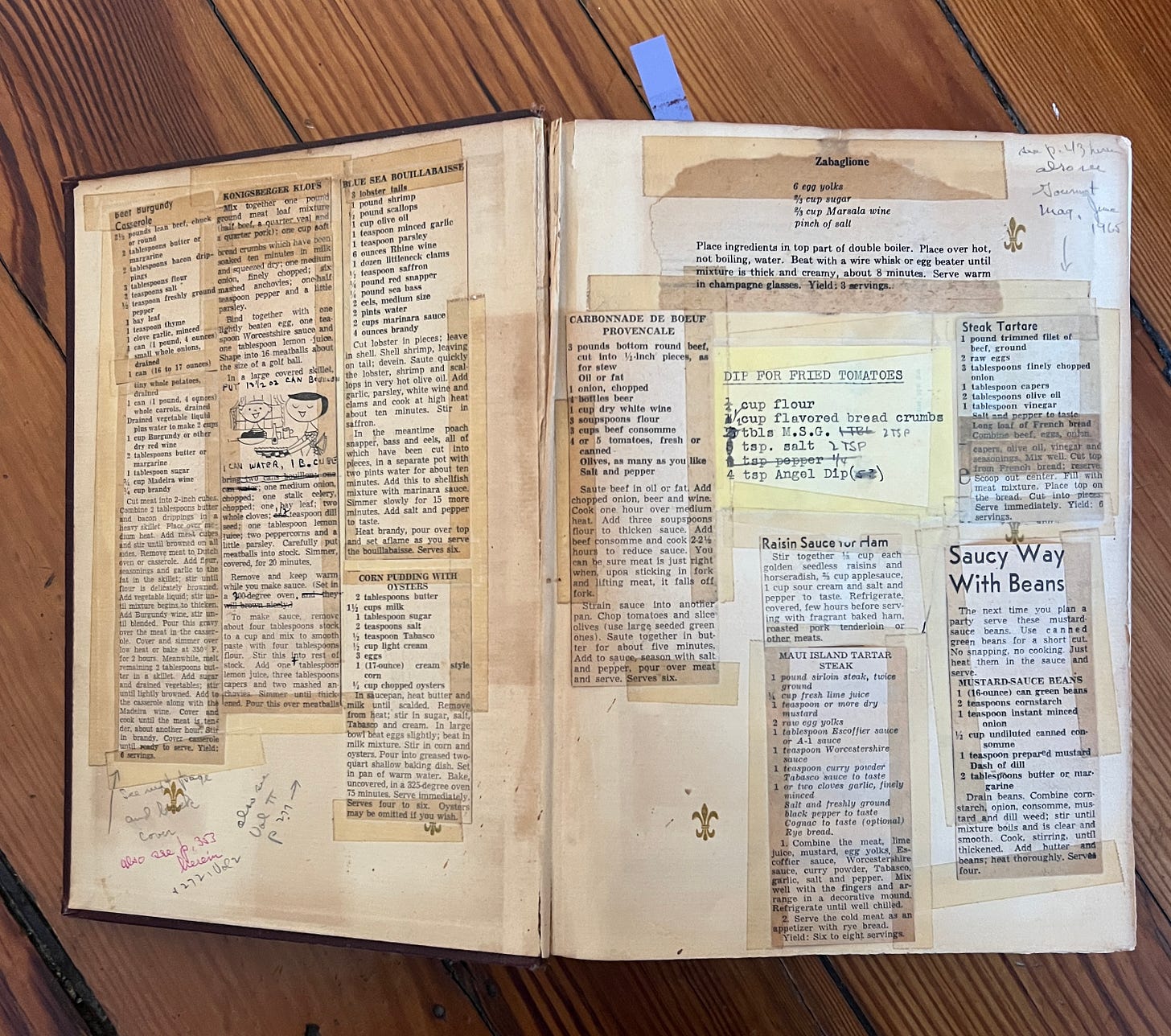
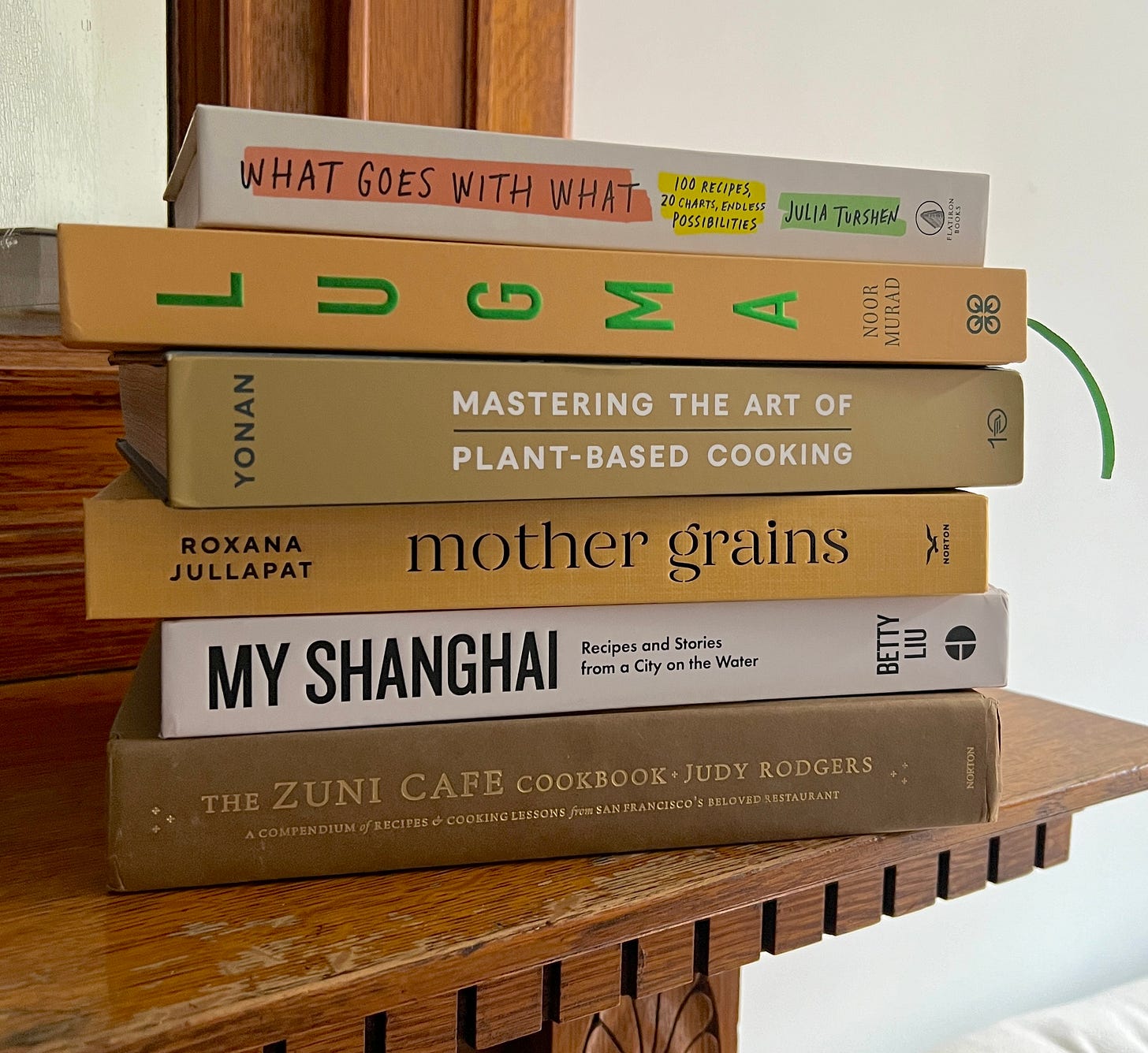
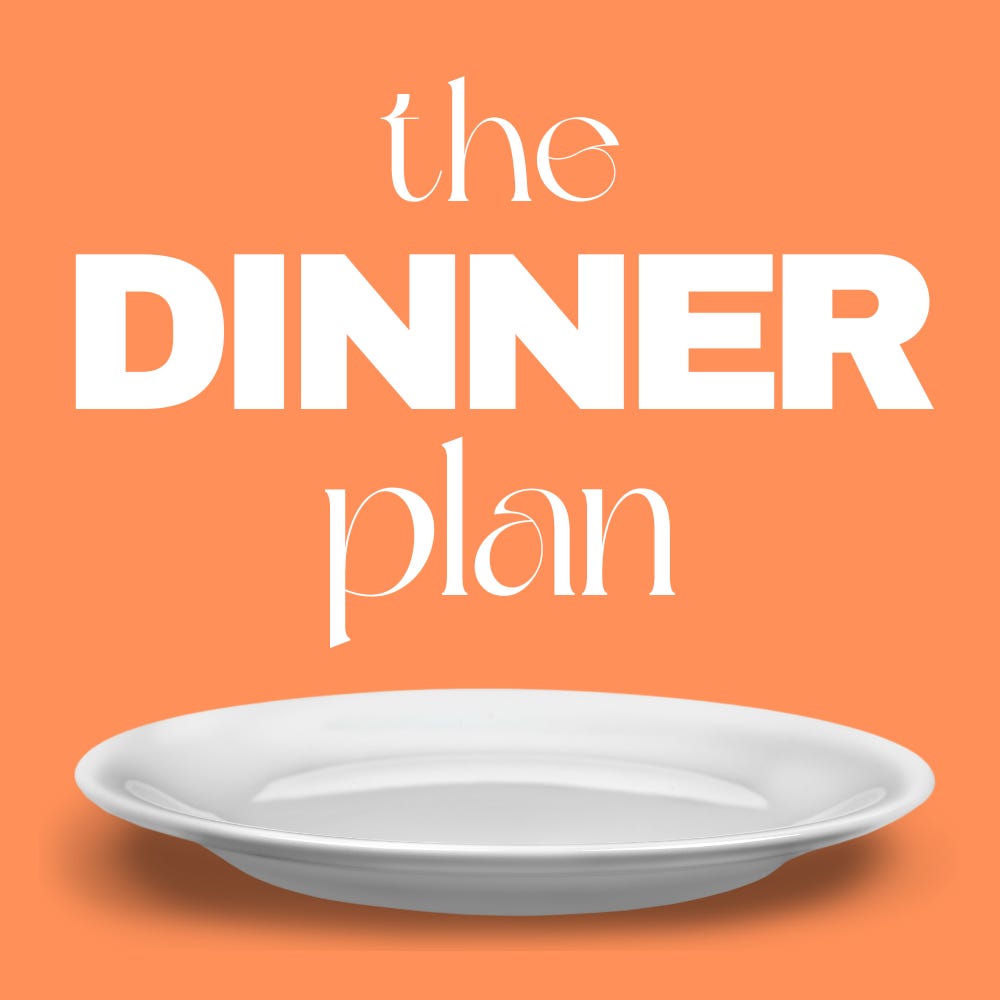
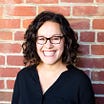
What a treasure trove of cookbooks! Great interview 💗
Please tell me the meal you made from The Vegetarian Epicure! Back in the 70’s, me, my dad, and my sister would make Stuffed Pumpkin, Cranberry Cumberland Sauce, and Sweet Potato Pie. We thought it was the best meal ever. My sister and I have talked about making it again. Such memories!